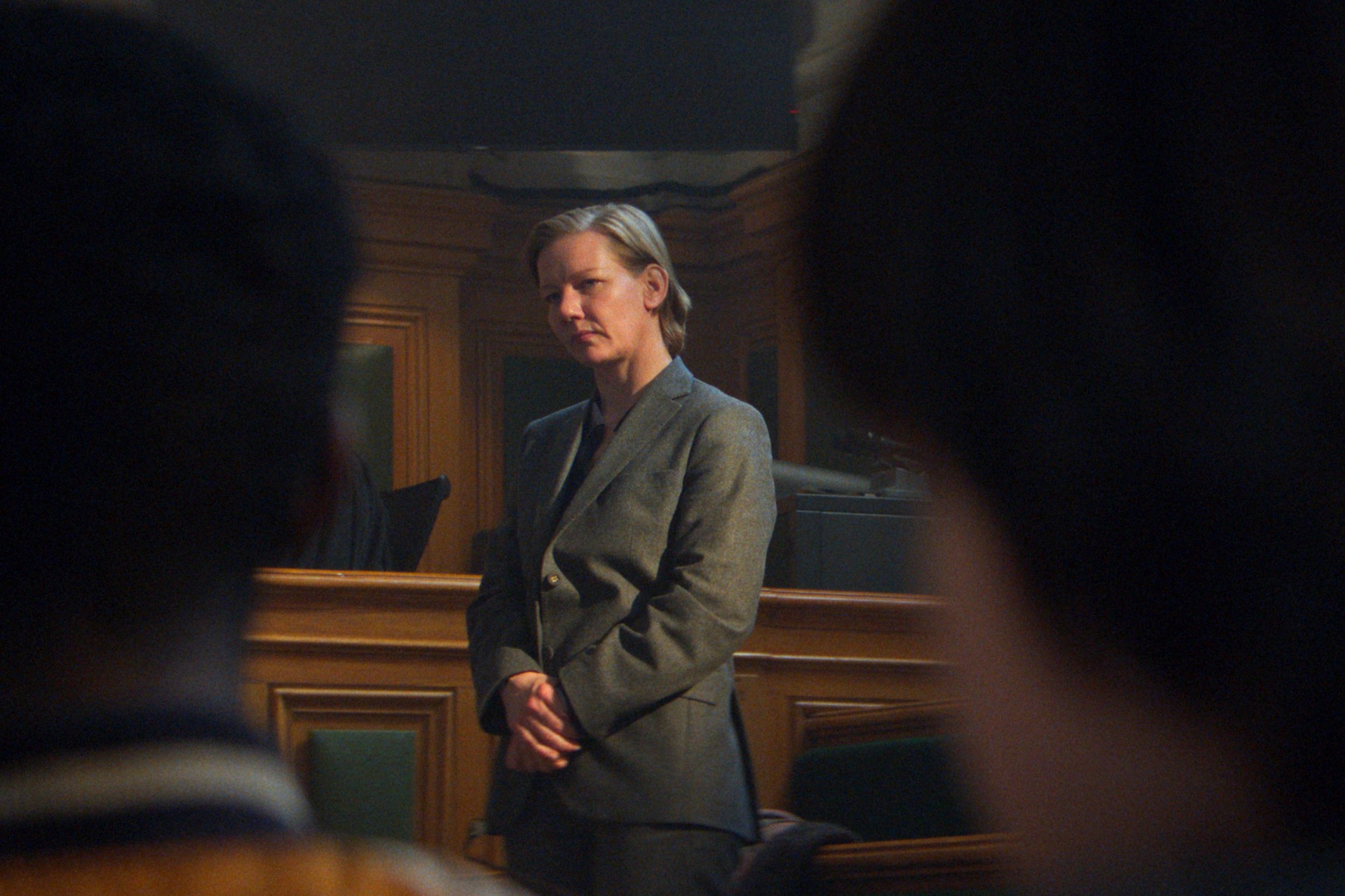The Best of Cannes 2023

ANATOMY OF A FALL
Courtesy of Neon
When an acclaimed writer is found dead in his home, the local authorities accumulate few leads and instead turn to his family for answers. But what begins as a search for clues quickly escalates into the man’s grieving widow (Sandra Huller) being put on trial for his murder despite plenty of evidence to the contrary. Did she actually do it or was his death something else entirely? Making things even more complicated is the couple’s young son who is blind and traumatized by the entire mess. Winner of this year’s Palme D’Or, “Anatomy of a Fall” is a highly engrossing mystery that reveals itself in stages. The disjointed pieces of its puzzle seem out of place at first glance but eventually come together to form a cohesive whole.
INDIANA JONES AND THE DIAL OF DESTINY
Courtesy of Disney
The stakes were high for this latest “Indiana Jones” adventure, especially after the poor reception of the previous and misbegotten “Crystal Skull.” The good news is “Indiana Jones and the Dial of Destiny” works despite other key factors working against it, most notably the absence of director Steven Spielberg. Stepping into his shoes is James Mangold (“Logan,” “Ford v. Ferrari”), who is no stranger to working with top talent and creating rousing entertainment. Harrison Ford returns as the famed archeologist for what he promises is his last time donning the whip and the franchise’s A-B-C structure of hunting for a world-changing artifact returns mostly positive results. Age-defying CGI sequences, witty banter and a thrust of pulse-pounding moments easily make “Dial of Destiny” one of the best films in the “Indiana Jones” series.
KILLERS OF THE FLOWER MOON
Courtesy of Apple/Paramount
Martin Scorsese’s latest endeavor is a three-and-a-half hour mystery focusing on the murders against the Osage people during the 1920’s. Ernest Burkhart (Leonardo DiCaprio) has just returned home as a battered World War I vet looking for work and after meeting with his duplicitous and well-connected uncle Hale (Robert DeNiro), the naïve soldier believes his prayers have been answered. What follows will set him on a path of murder and destruction, corrupting the small amount of integrity he has left. Despite the big names attached, “Killers of the Flower Moon” belongs to lead actress Lily Gladstone. As Ernest’s troubled wife Mollie, Gladstone commands every scene she’s in, giving the film its beating heart and helping to not drag it down despite its expanded running time.
MAY DECEMBER
Courtesy of Netflix
Gracie Atherton (Julianne Moore) is best known to her peers as the woman who went to jail for seducing a middle-school boy when she was in her 30s. Several decades later, they’re still together and have a baby but still can’t escape the tabloid fodder. When Hollywood actress Elizabeth Berry (Natalie Portman) approaches them as the star for the TV version of their affair, the embarrassed couple see it as an opportunity to finally correct some wrongs. But things only get more complicated from there, exposing society’s true nature. Director Todd Haynes (“Carol,” “Far From Heaven”) has made one of his most accessible and fun films with “May December,” a story that takes glee in taking cues from true life events.
ROBOT DREAMS
Courtesy of Neon
A whimsically animated tale set against the backdrop of 1980’s New York, “Robot Dreams” is light on dialogue and loaded with heart, where animals run free in a “Zootopia”-inspired atmosphere. Dog is a lonely canine and his situation is getting so grim that in an act of desperation, he acquires and builds a robot meant to be his true companion. Soon the two BFF’s are inseparable, taking trips all over New York and listening to music that sets the mood for their new friendship. But after a fateful day at the beach forces them apart, Dog will find out how much his friendship to Robot is really worth. Inspired by cinematic giants like Charlie Chaplin and Jacques Tati, “Robot Dreams” is full of charm and simply one of the best animated films of the year.
THE ZONE OF INTEREST
Courtesy of A24
In his latest film, director Jonathan Glazer (“Sexy Beast,” “Under the Skin”) approaches the Holocaust through a unique point of view. The focus of his cinematic lens is not on the front-and-center horrors of concentration camps in Auschwitz but instead on the property next to them. That home belongs to Nazi commandant Rudolf Hoss (Christian Friedel) and most of the film stays inside these walls. The juxtaposition of Hoss’ seemingly normal family life inside the sanctuary while we see stacks of smoke and hear gunshots in the distance is a bone-chilling dissection of evil. Glazer opens the film in darkness with only Mica Levi’s haunting score pounding on the soundtrack, and as hard-hitting as it is, it only scratches the surface of the true nightmare this fascinating film is able to expose.










